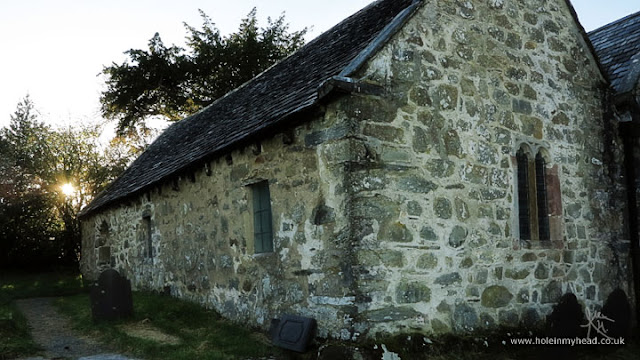Battles all Welsh people should know about (no2 + 3 Llandeilo Fawr & Moel-y-don)
Both battles were during the conquest of Wales by Edward I
1282 The Battle of Llandeilo Fawr
Who? Welsh from south Wales vs English led by Gilbert de Clare
Result Welsh victory
Numbers involved English numberd Around 1600 infantry 100 cavalry
Casualties and losses The English lost nearly all of their army
Edward I sent Gilbert de Clare and his army to subdue the southern areas of Wales while other armies would invade elsewhere.
Gilbert de Clare had captured Carreg Cennen Castle from the Welsh.
On the 17th of June, they headed back to the nearby English settlement, Dinefwr Castle, to stash the spoils.
Along the way de Clare and his men were ambushed by Welsh troops and most of his army was destroyed.
Among the dead was the son of William de Valence, 1st Earl of Pembroke.
Following the defeat, Edward relieved de Clare of his command and
replaced him with de Valence.
1282 Battle of Moel-y-don
Who? Welsh army vs the English
Result Welsh victory
Numbers involved the English had 2000 infantrymen 200 cavalrymen
Casualties and losses The English lost nearly all of their army
**COFLIEN**
Site Description "And it was on the Menai Straits, probably near Bangor, that the disaster befell the English in 1282, as they were crossing a newly-made bridge of boats, which almost turned the scale in Llywelyn ap Gruffydd's favour."
Source: Cambridge County Histories: Carnarvonshire, 1911; p. 93.
"On November 6th [1282] . . .attempting to cross the bridge of boats which had been thrown across the Menai Straits near Bangor, some sixteen knights, with their followers, were set upon by the Welsh and overwhelmed."
Footnote refers to 'the place called Moel y donn' (near Portdinorwic).
Source: J.E.Lloyd, A History of Wales, vol II, 1912, p.762.
Various other sources, as yet unverified, suggest that the battle took place at Moel-y-don on Anglesey, opposite Y Felinheli.
B.A.Malaws, RCAHMW, 08 May 2006.
Extract from INTO THE DRAGON'S DEN
"The Norman Conquest of Wales and the Marches"
The King planned to construct a pontoon bridge from Anglesey to the mainland which would allow the Normans to attack the Welsh heartland of Snowdonia from two directions. By September the pontoon bridge was complete, but the King’s force opposite the river Conwy was not ready to make its attack. By November the impatient Luc De Tany disobeyed the King’s orders and decided to launch his attack on Snowdonia alone.
Walter of Guisborough commented:
“The English knights and armed men crossed the bridge at low tide eager for glory and renown.”
On the 6th of November 1282 the Anglo Norman knights crossed the pontoon bridge to the mainland. Before the entire army was able to cross, Llywelyn’s warriors descended from the mountains and fell upon De Tany’s meager force.
“When they had reached the foot of the mountain and, after a time, came to a place at some distance from the bridge, the tide came in with a great flow, so that they were unable to get back to the bridge for the depth of water. The Welsh came from the high mountains and attacked them, and in fear and trepidation, for the great number of the enemy, our men preferred to face the sea than the enemy. They went into the sea but, heavily laden with arms, they were instantly drowned.”
Luc De Tany was among the casualties on that fateful day. Sixteen knights were lost and over 300 infantry died on the shores of Snowdonia. The only notable survivor was Otto De Grandson: he tried his luck and swam to the safety of the other side, rather than face capture by the enemy.


Comments
Post a Comment